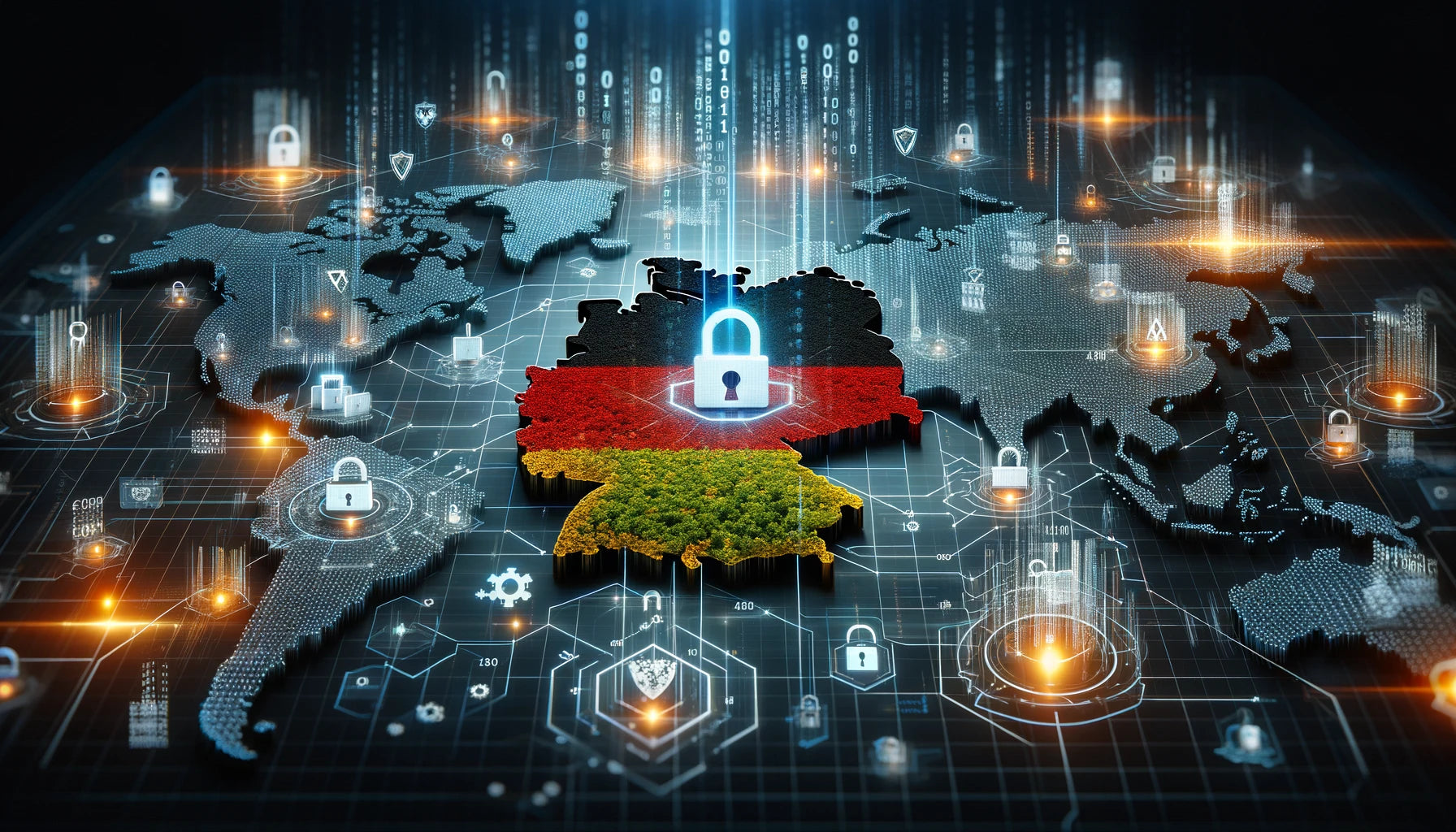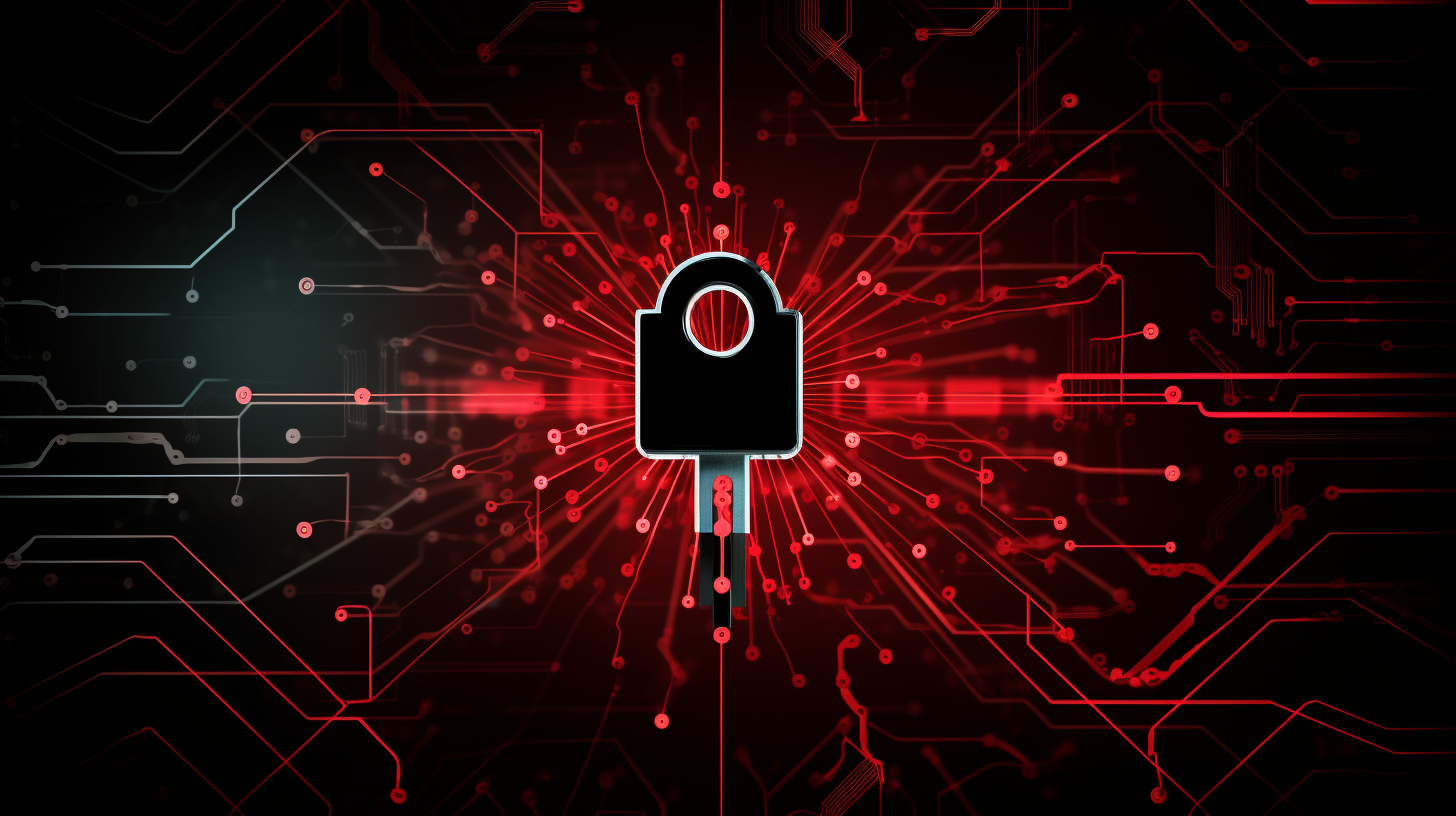
Renforcer la cybersécurité : défis et opportunités dans la région DACH
Dans une époque de menaces numériques croissantes, renforcer la cybersécurité dans la région germanophone est plus crucial que jamais. Cet article explore les défis et les opportunités actuels pour les entreprises en Allemagne, en Autriche et en Suisse afin de se protéger efficacement contre les menaces cybernétiques.
Les cyberattaques deviennent de plus en plus sophistiquées, menaçant les entreprises de toutes tailles. Dans la région germanophone, comprenant l'Allemagne, l'Autriche et la Suisse, ces menaces sont particulièrement pertinentes compte tenu de la présence de nombreuses entreprises leaders et infrastructures critiques.
Paysage des menaces actuel
Les incidents récents soulignent la nécessité d'améliorer la cybersécurité dans la région DACH. Les entreprises sont de plus en plus ciblées par des attaques par ransomware, où les hackers encryptent des données et exigent une rançon. Les attaques de phishing, visant à tromper les employés pour accéder à des informations sensibles, sont également en augmentation.
Cadre législatif
La législation dans les pays DACH évolue continuellement pour faire face à la menace cybernétique croissante. Par exemple, l'Allemagne a mis en œuvre la Loi sur la sécurité informatique 2.0, imposant des exigences de sécurité plus strictes pour les infrastructures critiques et un devoir de signaler les incidents de sécurité informatique. Des initiatives similaires sont en cours en Autriche et en Suisse.
Défis pour les PME
Les petites et moyennes entreprises (PME) font face à des défis uniques, car elles manquent souvent des ressources nécessaires pour une stratégie de cybersécurité complète. En même temps, elles sont des cibles attrayantes pour les cybercriminels, servant souvent de passerelles vers des réseaux plus vastes.
Meilleures pratiques pour une sécurité renforcée
Il existe plusieurs étapes que les PME peuvent suivre pour renforcer leurs défenses cybernétiques :
-
Conscience et formation des employés : L'un des plus grands risques de sécurité est posé par des employés négligents ou mal informés. Des formations régulières et des campagnes de sensibilisation peuvent aider à accroître la vigilance.
-
Audits de sécurité réguliers : Les entreprises doivent vérifier régulièrement leurs réseaux et systèmes pour détecter les vulnérabilités et mettre en œuvre rapidement les mises à jour de sécurité.
-
Utilisation de l'authentification multi-facteurs : Cela augmente la sécurité en rendant plus difficile l'accès aux systèmes pour les personnes non autorisées.
-
Sauvegarde des données et plans d'urgence : Des sauvegardes régulières et un plan d'urgence clair sont cruciaux pour minimiser les dommages et reprendre rapidement les opérations en cas de cyberattaque.
Collaboration et partage d'informations
Une coopération étroite entre les entreprises, les experts en sécurité et les gouvernements est cruciale pour développer des stratégies efficaces contre les menaces cybernétiques. Les forums et les réseaux pour partager des informations et des meilleures pratiques sont essentiels dans ce contexte.
Conclusion
Renforcer la cybersécurité est un processus continu qui nécessite de l'adaptabilité et des mesures proactives. Dans la région DACH, il existe un potentiel significatif pour créer un environnement numérique sécurisé grâce à des efforts conjoints et des solutions innovantes.


